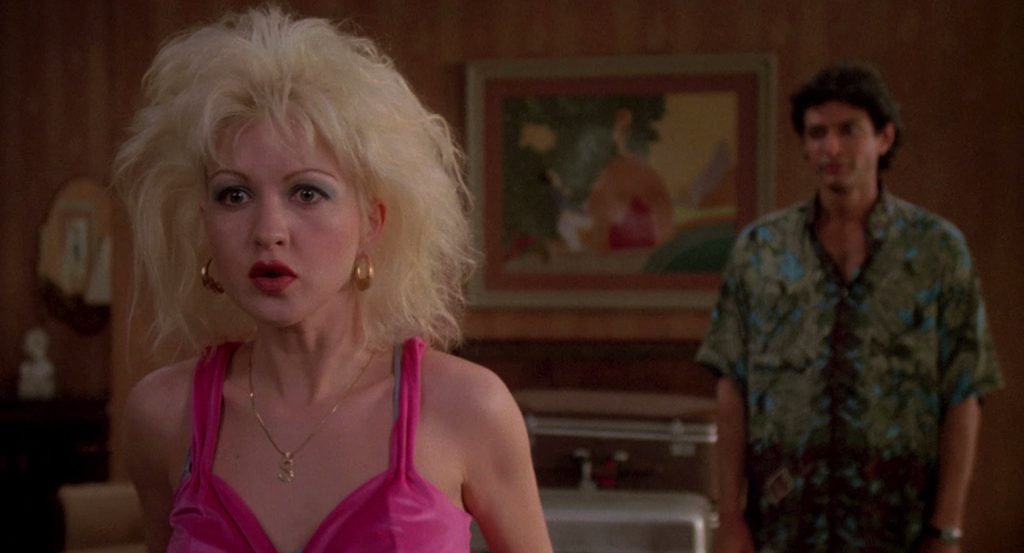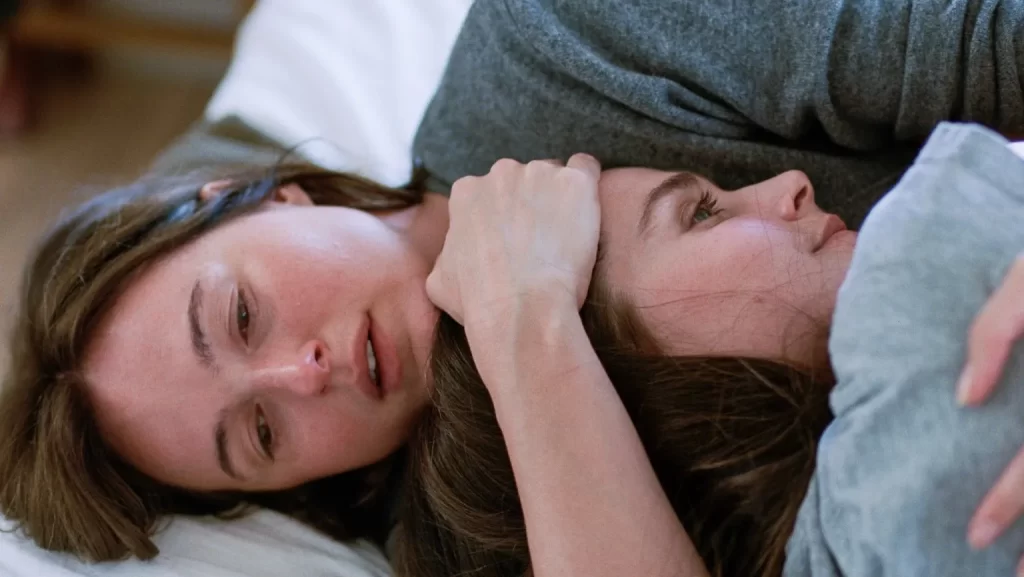One of the running refrains of Daniel Roher’s musical bio-doc Once Were Brothers: Robbie Robertson and The Band is that the group was more than the sum of its parts – each member was a gifted musician and force of personality in their own right, but that when they came together in this particular combination, some kind of rough, unpredictable magic happened. It’s not a hard thesis to argue; one only has to listen to their great, early recordings and compare them to the subsequent solo works, or even the late albums after much of the group had checked out. But what’s oddest about this well-crafted, energetic documentary is how it works conversely, full of excellent individual components, yet somehow not equal to the sum of them.
Roher literally opens the film – before any other credits, before any footage, before anything – with Martin Scorsese’s executive producer credit, and fess up, so would you. It’s a bit of a flex, but also a reminder of the cinematic history of this late-‘60s/early ‘70s rock America group; their story, or at least a version of it, was previously told in Scorsese’s smashing The Last Waltz, which both chronicled their all-star 1976 farewell concert and let them explain how they got there.
A few of those stories reappear in Once Were Brothers, joined by many fine new ones: how they came together, first as a backing group for rockabilly hellraiser Ronnie Hawkins, then as Bob Dylan’s backing group on his ill-fated 1966 “electric” tour, then as their own strange, sui generis thing; the beautifully organic way the legendary “basement tapes” happened; how Robertson composed “The Weight,” perhaps their best song; the hilarious tall tale of the hypnotist that got him out of a crippling sickness for their first big solo show; and so on.
By this point, many of these legends have become the kind of old, loaded folklore that inspired some of their best music, and Roher’s film is at its best when digging into those influences, the heady stew of styles and traditions that their music was forged from. (This viewer, a music lover who can’t play a note, is an absolute mark for anyone willing to explain the voodoo and witchcraft of the music creation process.) The filmmaker makes a valiant effort to convey what exactly made the music so special, which isn’t easy to do in any other medium; the simplest thing to do is point at a speaker and say “listen,” and anything beyond that often amounts, as the saying goes, to dancing about architecture.

But there’s a human interest story to tell here as well, of the splintering of the relationship between Robertson and Levon Helm, who was a working musician first, taught Robertson the rules of the road, and joined him in a creative partnership and close personal friendship in the band’s early, anonymous days. And then, as in so many of these stories, drugs and drink sort of muscled in and took over, with devastating effect; ultimately, this was a ‘60s band – ‘60s in spirit, ‘60s in sound – that was capsized by the ‘70s and its excesses.
The filmmaking leans razzle-dazzle, in a way that seems like a bad fit, but ultimately matches the subject matter – the cutting and juxtapositions are showing off a little, kinda like The Band did. The musicality of the montage is especially striking; the filmmakers apparently had access to so much archival material, so many miles of old home movies and reams of great photos, that they can literally cut to each note or beat. It makes you want to go home and play Band records, and there are worse takeaways.
Some of them, unfortunately, are also present here. Once Were Brothers: Robbie Robertson and The Band’s primary issue is right there in the title: It wasn’t “Robbie Robertson and The Band,” it was “The Band,” and the aforementioned, oft-murmured incantation that this group was more than the sum of its parts is somewhat betrayed by this supposedly definitive documentary’s decision to focus, with such laser precision, on this one member and his life. To some degree, that’s understandable; per the end credits, it’s “inspired” by his memoir, and it’s true, there’s only one other member still around to talk to. But his current status warrants only an end title card – “Garth Hudson lives with his wife in Woodstock, NY” – which asks more questions than it answers. Did Hudson decline to be interviewed? Did the filmmakers simply choose not to? Was this Robertson’s request?
It’s unsurprising, though, because while we come away with a very clear picture of Robertson and (to a lesser degree) Helm, we don’t really get to know Hudson or Rick Danko, and barely Richard Manuel. The film spends time on Robertson’s wife and family, but those same end title cards simply dispatch Manuel and Danko with dates of birth and death; knowing the group only from this film, you’d never know, for example, the sad story of Manuel’s suicide after a gig with the re-formed Band.
Some time is spent on the late-in-life disputes between Helm and Robertson over the latter’s solo songwriting credits. A friend of Helm explains, “He felt as though Robbie were kinda claiming all the credit for himself,” and were the film not such a Robertson hagiography, the inclusion of that sound byte would feel like a sly jab. Instead, it just seems oblivious. With that grievance aired, it almost feels like this documentary, and its title, are sticking it to the dead guy – which is a weird sense to come away from a movie like this with.
B-
“Once Were Brothers: Robbie Robertson and The Band” is out Friday in limited release.



